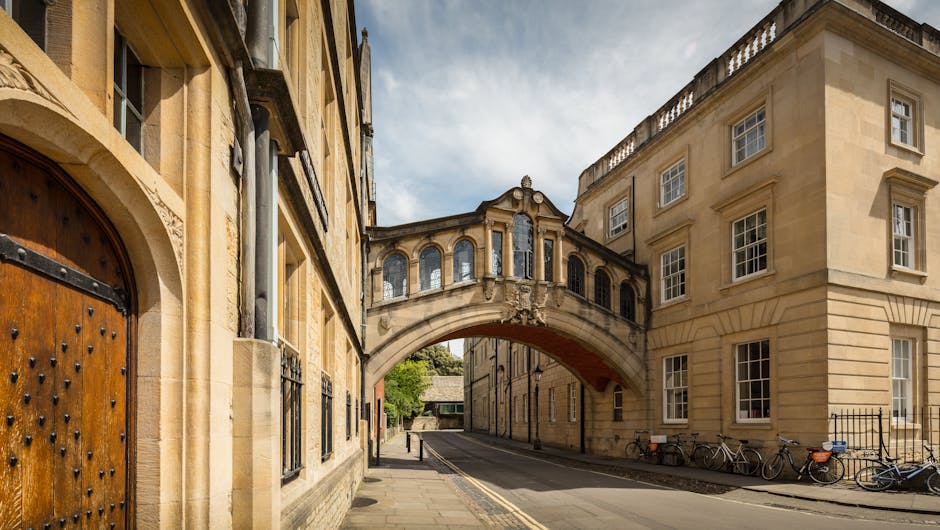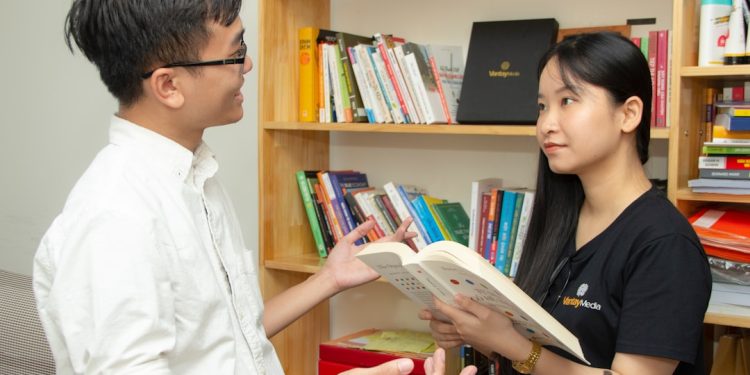No products in the cart.
A New Era of Academic Partnerships: Galgotias University at the House of Lords
Dr. Dhruv Galgotia's recent representation at the House of Lords marks a significant step in India-UK educational collaborations, opening doors to future partnerships.
London, United Kingdom — In an unprecedented move for Indian higher education, Dr. Dhruv Galgotia recently represented Galgotias University at the House of Lords. This gathering was not merely a ceremonial occasion; it was a significant step towards fostering deeper academic collaborations between India and the UK. As the world emerges from the constraints of the pandemic, the need for innovative educational partnerships is more crucial than ever.
Dr. Galgotia’s presence at such a prestigious venue highlights the growing recognition of Indian institutions on the global stage. The House of Lords, a symbol of British governance and tradition, served as the backdrop for discussions that could shape the future of education across continents. With an agenda focused on collaboration, the meeting brought together educators, policymakers, and thought leaders from both nations, united in their vision to enhance educational opportunities.

But why is this significant? The UK has long been a destination for Indian students seeking quality higher education. According to recent statistics, over 400,000 Indian students were enrolled in UK institutions during the 2022-2023 academic year, making India the second-largest source of international students in the UK. This trend reflects not just a thirst for knowledge, but also the potential for collaboration that can benefit both countries.
 Career Challenges
Career ChallengesGen Z Faces Job Market Freeze Amid AI and Automation
Gen Z faces unprecedented hiring challenges in 2025, as automation and a 'No Hire, No Fire' economy lock them out…
Dr. Galgotia’s remarks during the meeting underscored the importance of shared goals. He emphasized how the fusion of educational philosophies and practices can lead to innovative solutions for today’s challenges. The discussions ranged from curriculum development to research initiatives, all aimed at creating a more interconnected educational landscape.
The UK has long been a destination for Indian students seeking quality higher education.
However, this collaboration is not without its challenges. The pandemic exposed significant gaps in educational access and quality, particularly in developing nations. As institutions like Galgotias University strive to elevate their global standing, they must also address these disparities. Bridging the gap between elite institutions and those in underserved regions will be essential for a truly inclusive approach to education.
Moreover, the landscape of higher education is evolving rapidly. The rise of digital learning platforms and the gig economy is reshaping how knowledge is disseminated and valued. Universities must adapt to these changes, equipping students with the skills necessary for a dynamic job market. Dr. Galgotia’s participation in this dialogue is a testament to his commitment to preparing students for the future.
 News
NewsInnovation Born from Crisis: A Global Perspective
Global crises often serve as catalysts for innovation, leading to the emergence of startups that redefine industries and create new…
Read More →As we look ahead, the implications of this collaboration extend beyond mere academic exchanges. They signify a cultural exchange, a sharing of ideas that can lead to innovation in various sectors. For young professionals, this opens doors to new career pathways, internships, and collaborative projects that can enrich their educational experiences.
In a world where borders are increasingly blurred by technology and globalization, initiatives like the one led by Dr. Galgotia are vital. They represent more than just strategic partnerships; they embody a vision for a future where education transcends geographical boundaries. As students and educators alike embrace this new era, the potential for growth and development is limitless.
For young professionals, this opens doors to new career pathways, internships, and collaborative projects that can enrich their educational experiences.
In the coming years, we can anticipate more such collaborations, with universities across the globe seeking to build bridges rather than walls. The path forward is clear: institutions must embrace innovation, prioritize inclusivity, and foster partnerships that can withstand the test of time. The future of education is not just about imparting knowledge; it’s about creating a global community that thrives on shared learning experiences.
 Business Insights
Business InsightsTransforming Creativity: Insights from Canva’s Kristine Segrist
Discover how Kristine Segrist, Canva's Global Head of Consumer and Product Marketing, is leveraging AI and community-driven tools to reshape…
Read More →










